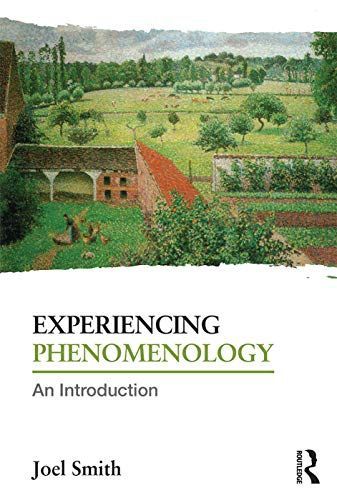
Experiencing Phenomenology An Introduction
Phenomenology is the general study of the structure of experience, from thought and perception, to self-consciousness, bodily-awareness, and emotion. It is both a fundamental area of philosophy and a major methodological approach within the human sciences. Experiencing Phenomenology is an outstanding introduction to phenomenology. Approaching fundamental phenomenological questions from a critical, systematic perspective whilst paying careful attention to classic phenomenological texts, the book possesses a clarity and breadth that will be welcomed by students coming to the subject for the first time. Accessibly written, each chapter relates classic phenomenological discussions to contemporary issues and debates in philosophy. The following key topics are introduced and explained: the methodological foundations of phenomenology intentionality as the ‘mark of the mental’ and the problem of non-existent objects perceptual experience, including our awareness of things, properties, and events the experience of body, self, and others imaginative and emotional experience detailed discussions of classical phenomenological texts, including: Brentano's Psychology from an Empirical Standpoint Husserl's Logical Investigations, Cartesian Meditations, and On the Phenomenology of the Consciousness of Internal Time Heidegger’s History of The Concept of Time, and Being and Time Stein's On the Problem of Empathy Sartre's Transcendence of the Ego, Sketch for a Theory of the Emotions, and The Imaginary Merleau-Ponty's Phenomenology of Perception. Also included is a glossary of key terms and suggestions for further reading, making this book an ideal starting point for anyone new to the study of phenomenology, not only in Philosophy but related disciplines such as Psychology and Sociology.